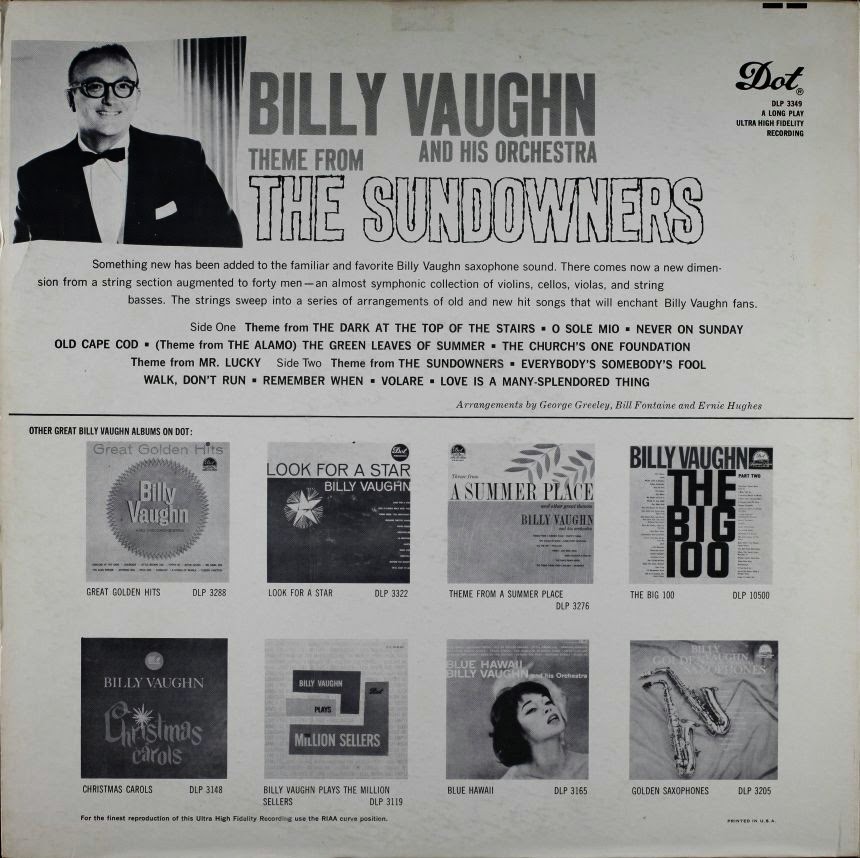Composer, arranger and conductor Peter Matz (1928-2002) is best known for his work with Barbra Streisand and Carol Burnett. Matz, a Pittsburgh native, began working with Streisand in the early 1960s and won a Grammy Award himself for his work on her 1964 album People.
Matz also won an Emmy for Streisand's TV special My Name Is Barbra and an Oscar nomination for her movie Funny Lady. He won a second Emmy for an episode of The Carol Burnett Show, for which he was music director for eight years.
Since Matz played in dance bands at the beginning of his career it's no surprise that in the stereo era he should choose to resurrect the big band sound. Thanks for the Memory (Project 3, 1979) -- subtitled "Great Song Hits of the Big Band Era" -- does just that. This is actually a straight reissue of Brings 'Em Back, an earlier (1966) Matz release for Project 3.
As is usual with Project 3 releases the sound quality is first rate -- as are Matz's arrangements. Here's a sample.
Canadian Sunset
This Peter Matz album has not had a straight digital release on CD or as a download. However, the title tune of Thanks for the Memory turns up on a various artists download compilation, Memorial Day Orchestrals, which is for sale on a number of online sites, including iTunes.
Also on Peter Matz's big band tribute is Bei Mir Bist Du Schön.



+-+Copy.jpg)








